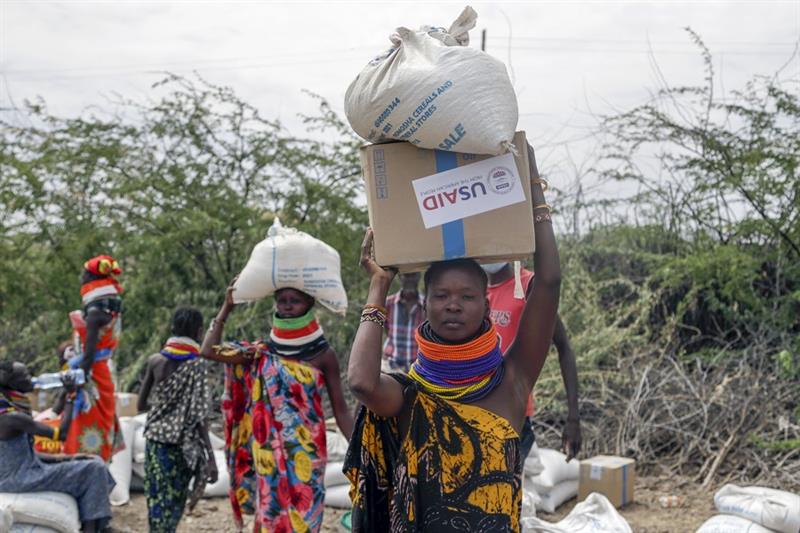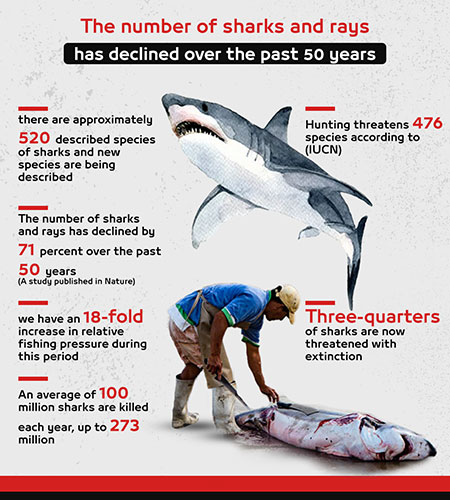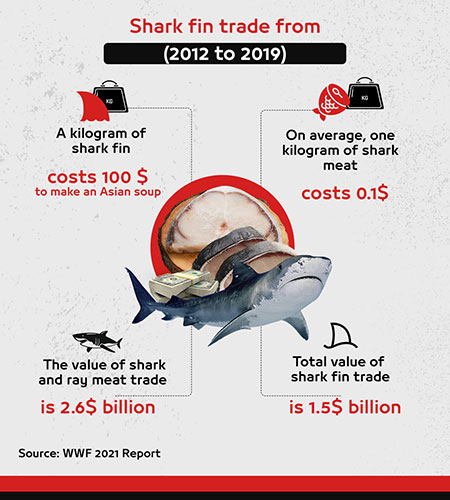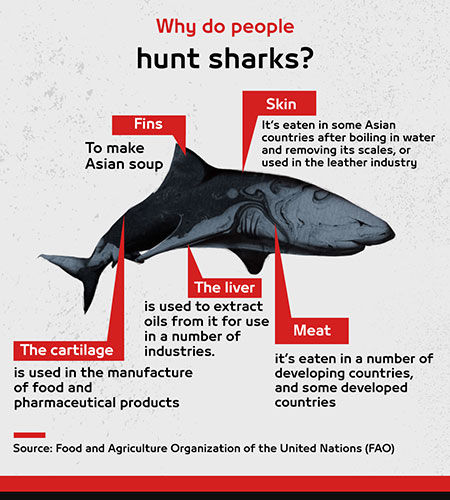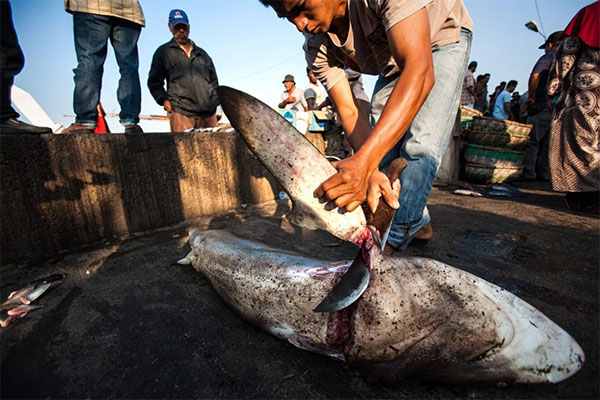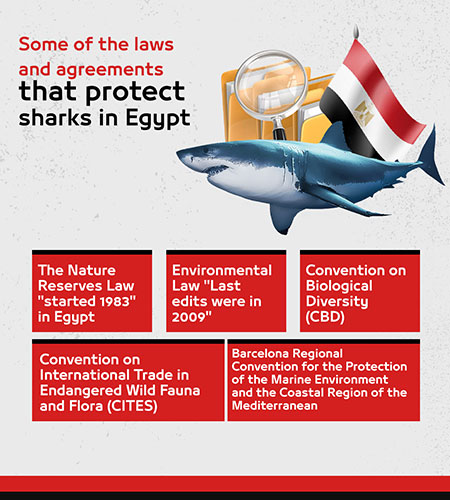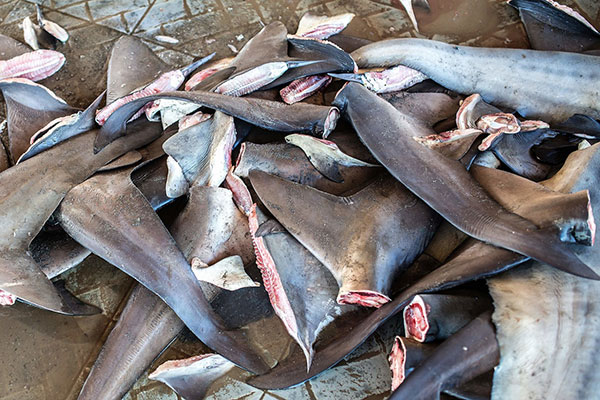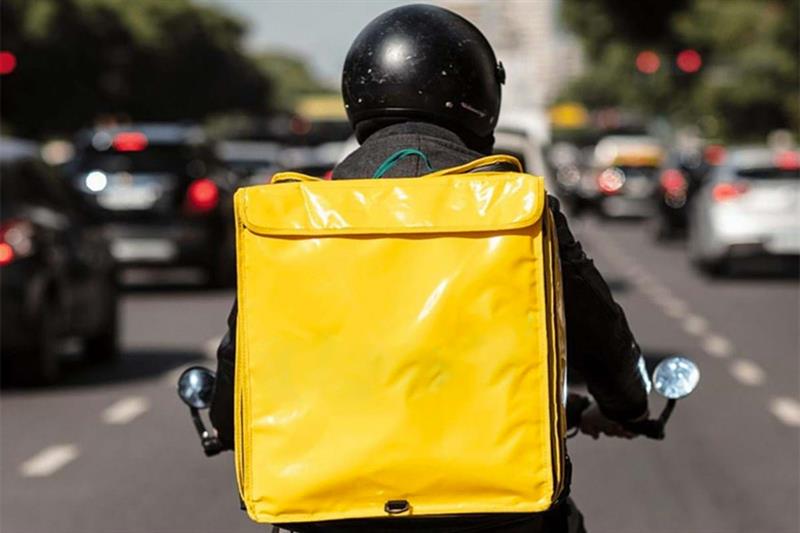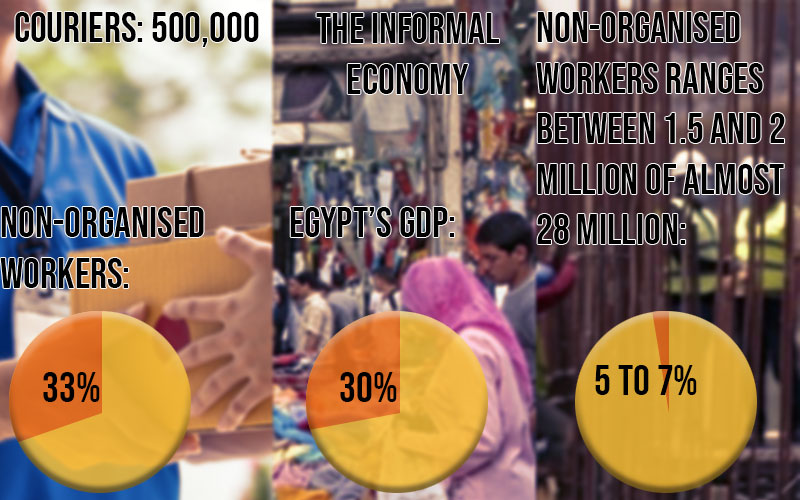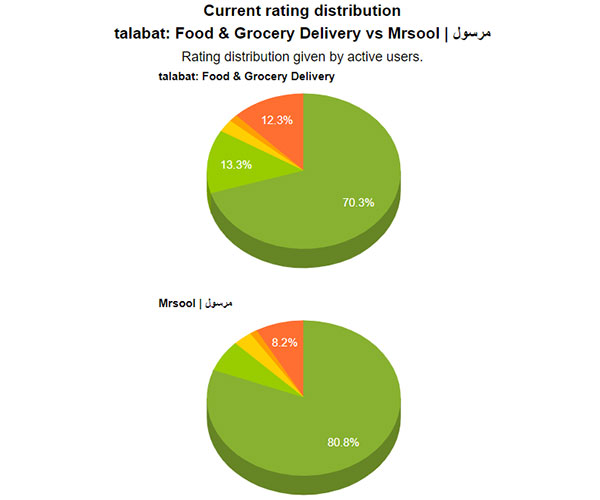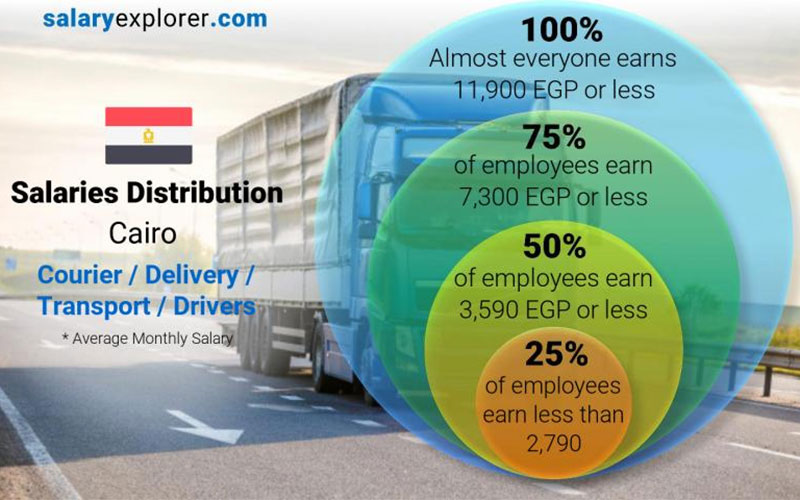A tribute to Egypt’s demolished houseboats
Fatemah Farag , Tuesday 12 Jul 2022
New concepts of urban development will claim the Nile bank in Imbaba after the removal of what remained of Cairo’s houseboats last week.
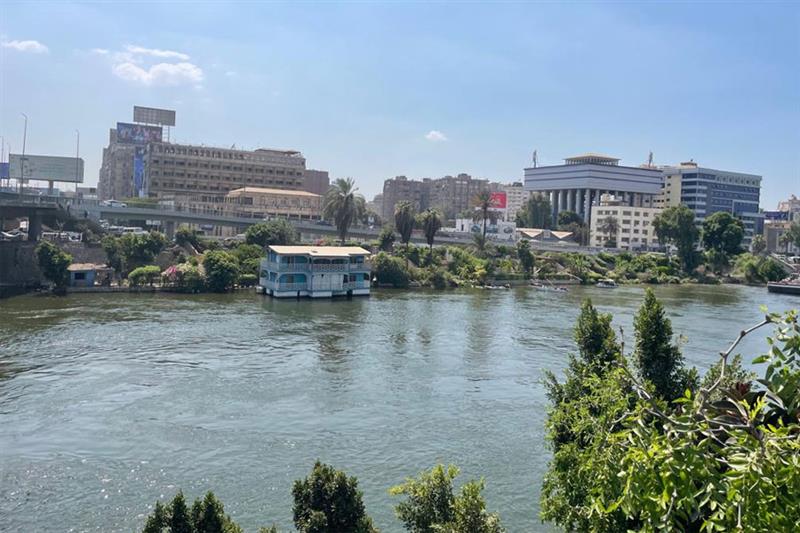
“Love is an old and worn-out game, but it is a sport on the houseboat [..] And the moon is a satellite, dead and cold, but on the houseboat, it is poetry”
- Adrift on the Nile, Naguib Mahfouz
Nobel laureate Naguib Mahfouz lived on a houseboat for some 25 years. His elder daughter was born on one, and it was from his home on the Nile that he wrote Adrift on the Nile, which is considered one of his most important novels.
On 18 June, I received alarming video coverage taken by a friend from Zamalek across the Nile from the KitKat, which was where the houseboats had been moored since the mid-1960s.
The video showed the demolition of a houseboat, and it was the beginning of a flurry of frantic messages. These included over the coming days a copy of the letter dated 22 June from the General Manager of the General Administration for Nile Protection in Greater Cairo to 50 houseboat owners informing them of demolitions that would take place on 28 June and the frantic voice note of one houseboat owner saying: “Help! They are outside pulling all of these lovely boats down!”
For days, talk show hosts reminded us of the history of the boats, international media outlets descended on the Nile to cover the story, and petitions made their rounds. The government responded and informed the public that the houseboats were dilapidated beyond repair and an environmental hazard.
Ayman Nour, the head of the General Administration for Nile Protection in Greater Cairo — a government body responsible for removing any encroachments on the river — told the press that a government decision had in fact been made as far back as 2020 to ban the registration of any residential houseboats.
This would explain what the houseboat owners described as obstacles in recent years, including a decision to increase the fees they pay by 20-fold and the refusal of authorities to accept money from them. While the houseboats were private properties, owners paid rental fees for the land and the docks in which they were moored.
Minister of Water Resources and Irrigation Mohamed Abdel-Ati stated that the ministry will continue the campaign to remove homes moored along the river that are “in clear violation of the law… A clear message to those who transgress on the Nile.” He made this statement as residents were being informed that they could stay if they became commercial entities.
Today, the poetic nature of Cairo’s houseboats that was so aptly described by Mahfouz is no more. In the wake of these demolitions, a small community of families and small businesses have been left in disarray and without compensation to date.
And you did not have to live in a houseboat to feel the loss. Those of us who grew up watching popular films — now labelled classics — who heard the stories and lore of their colourful past, many of which are enshrined in contemporary Arabic literature and history, feel the angst of this loss.
Our connection to the Nile and these boats goes far back. In pharaonic times, boats were designed for long recreational trips, the dahabiiya is perhaps the sailing form of the houseboat, and the ones we have just lost were built on floating metal containers held together by wooden or metal beams and meant to be stationary.
The rich from as far back as the Ottomans often took houseboats as a second residence and a place to entertain guest. During the second World War, British officers lived on houseboats, and the awamat were home to celebrities and power couples such as singer and cabaret owner Badiya Masabny and her husband famous actor Naguib El-Riyhani. It was also where government officials and policy influencers came to be entertained and discuss the state’s affairs.
It is a history that has suffered neglect; the only study to be found is one that was published online in 2010 by Islam Nabil in Arabic and disparate pieces here and there.
There are only the images that were enshrined in movies such as Ayam wi Liyali, where Abdel-Halim Hafez sang the heart rendering I Am With you Forever, which was composed by Mohamed Abdel-Wahab.
The date 1966 signals the beginning of the demise of houseboats, when a decision by the prime minister at the time moved them from shores of Zamalek and Dokki to Imbaba; a move protested by their owners at the time, who argued that the value of their properties would depreciate by moving them to a more populated quarter of town.
Many owners sold or left their houseboats at the time, leaving them to fall into disrepair. A tragic example is that of Farid El-Atrash’s famously ornate houseboat, which could have become a museum but instead was left derelict until it was demolished years ago. And a community of several hundred houseboats dwindled to the more than 30 that were removed recently.
In his study, Nabil tells us that houseboat 20 was owned by actor Salah El-Saadany, and it has been featured in many prominent Egyptian films. It also says that poet Hafez Ibrahim was called the ‘Poet of the Nile’ because he was born on one in 1872, and that during World War II, dancer and spy Hekmat Fahmy used her home on a houseboat to lure drunk senior officers to extract information.
It was a mixed history bringing together intrigue, glamour, intellectual, and not-so-intellectual pursuits. It also brought together those who looked to escape the bustle of the city yet remain within it. Crossing the small bridges between the main streets of the KitKat District and the houseboats transported you from the noise and bustle to a tranquil world. A world many people like the now famous 88-year-old Ikhlas — who remains in the only houseboat left standing, as the government has pledged to relocate her — chose to embrace as a home.
And so, we are left with the fleeting tokens of memory. Like the voice of Hafez as he sang to his lover on the terrace of a houseboat many years ago: “The Nile, the night, love, and longing sent to me, and I came to ask about you; I miss you and miss your eyes and do not know how to escape from you…” And miss you — no doubt — we will.
